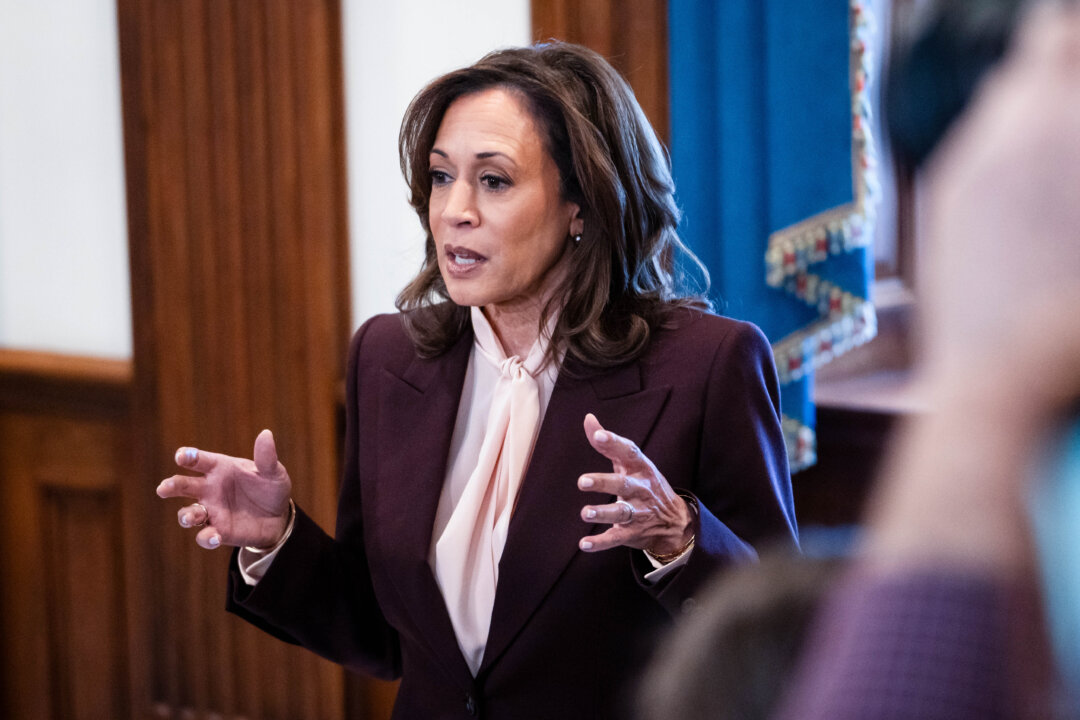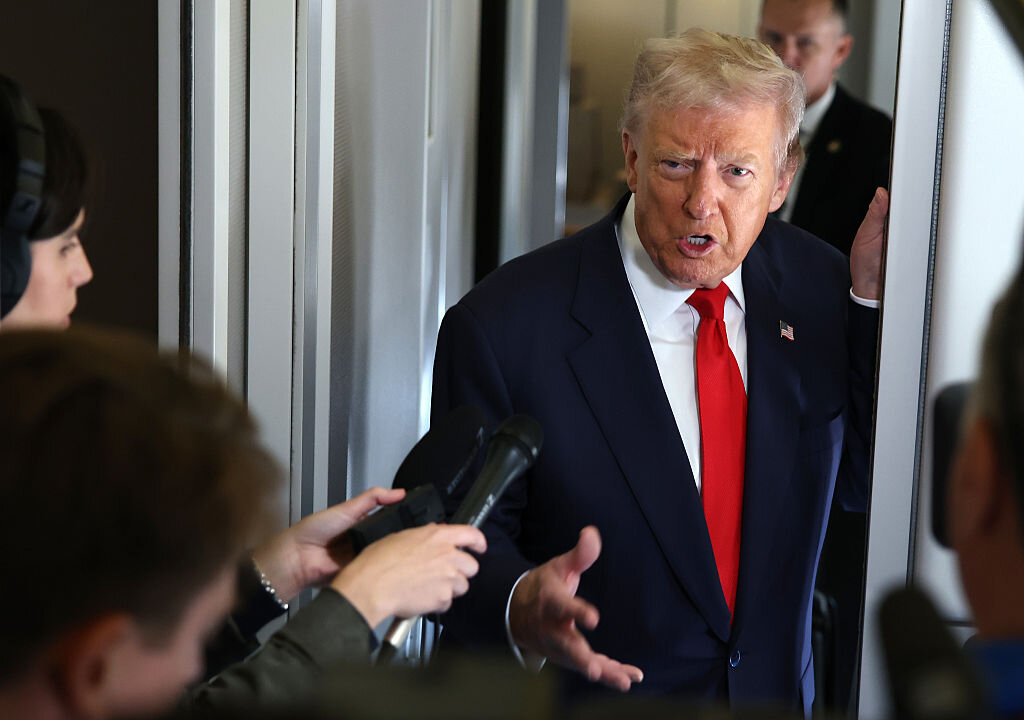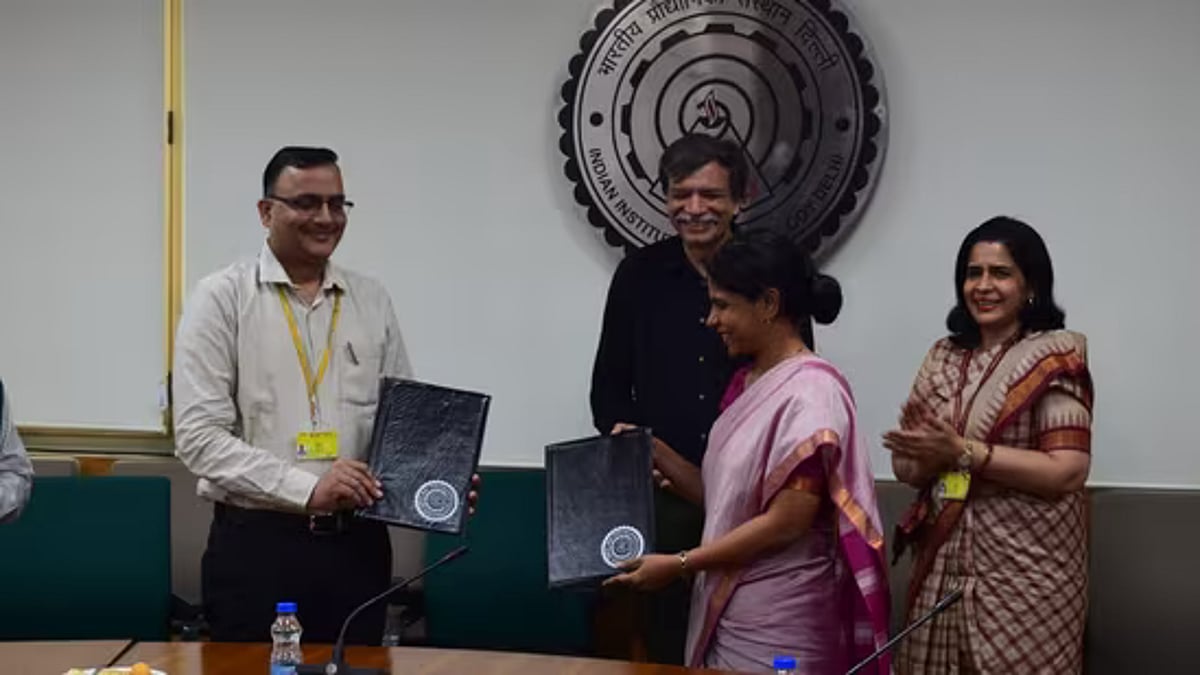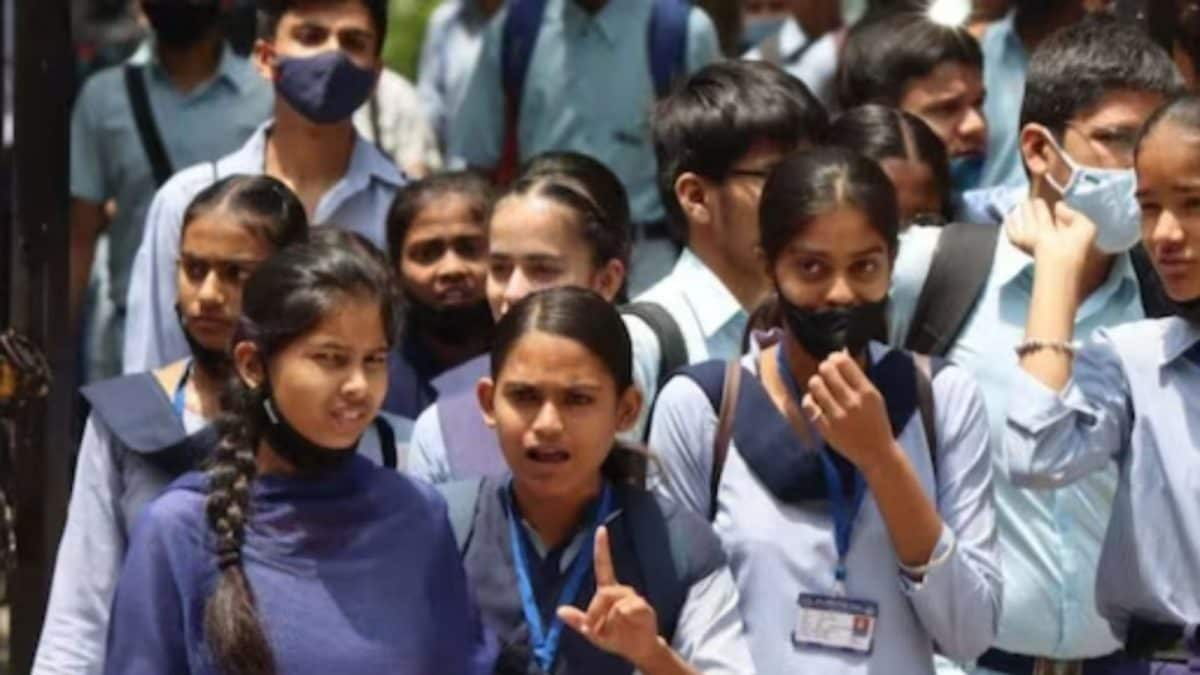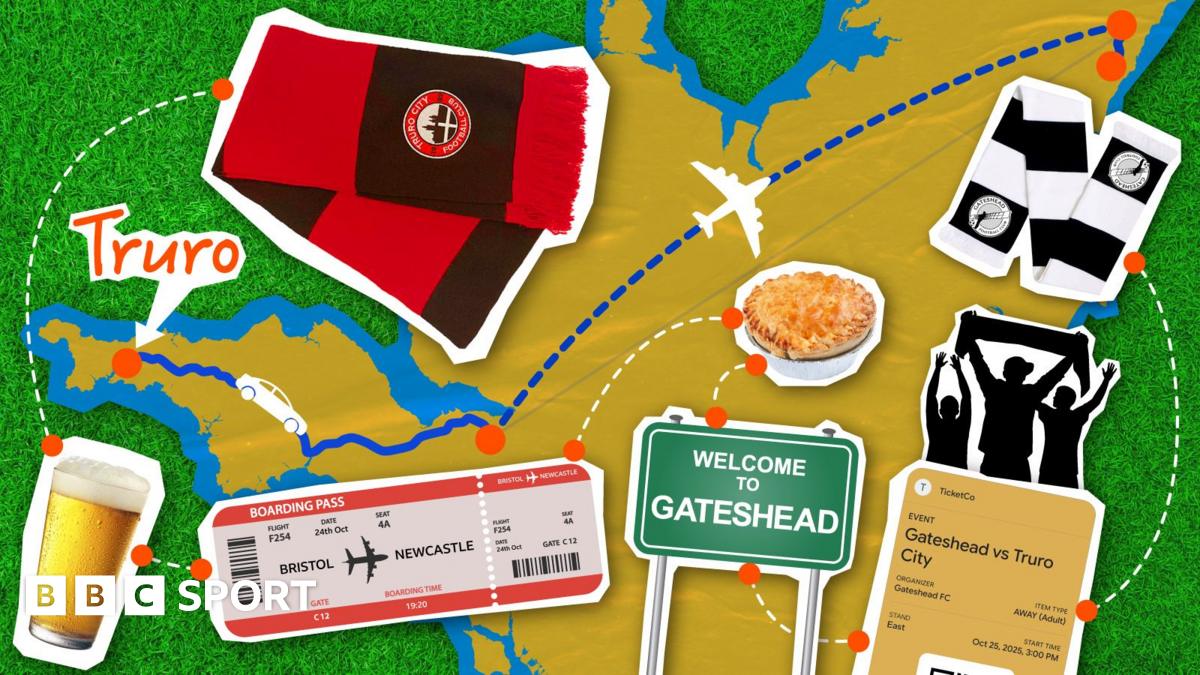Amit Shah remembers Sardar Vallabhbhai Patel’s contribution in protecting India’s territorial integrity: Here is how the Iron Man of India protected the Lakshadweep Islands
Commemorating independent India’s first Deputy Prime Minister and Home Minister, Sardar Vallabhbhai Patel, on his 150th birth anniversary on Friday (31st October), Union Home Minister Amit Shah and Prime Minister Narendra Modi paid tributes to the ‘Iron Man’ of India. Prime Minister Narendra Modi paid a floral tribute to Patel at the Statue of Unity in Gujarat’s Ekta Nagar. Taking a pledge of unity, PM Modi also announced the release of a special commemorative coin and stamp as a tribute. Marking the occasion, Union Home Minister Shah flagged off the ‘Run for Unity’ program in the national capital and administered the pledge of unity and reaffirmed the nation’s commitment to unity and integrity. Addressing the participants during the celebrations on the Rashtriya Ekta Diwas (National Unity Day), which is observed on Patel’s birth anniversary since 2014, Shah remembered Patel’s immeasurable contribution in shaping the current map of India. सरदार साहब ने समय पर नेवी भेजकर लक्षद्वीप में झंडा फहराया, जिस कारण वह भारत का हिस्सा बना। pic.twitter.com/JQoG7W6C9t— Amit Shah (@AmitShah) October 31, 2025 He highlighted how the visionary statesman accomplished the monumental task of integrating 562 princely states into the Indian territory with his diplomacy. Shah recalled how, even after India got independence, Sardar Vallabhbhai Patel remained vigilant and ensured that the territorial integrity of India was intact. It was because of Patel’s forward thinking and far-sightedness that he was able to realise the strategic significance of several territories, including the Lakshadweep (Laccadive) islands and merge them into the Indian territory. Sardar Vallabhbhai Patel foresaw Pakistan’s ill intentions about the Lakshadweep Islands and thwarted its attempts to capture them. Patel sent an Indian Navy ship to the Lakshadweep Islands just in time and spoiled Pakistan’s dream of maliciously acquiring the islands. How Patel thwarted Pakistan’s plans to capture the Lakshadweep Islands If not for the futuristic thinking of Sardar Vallabhbhai Patel, India could have lost a vital Arabian Sea position like the Lakshadweep Islands to Pakistan. Patel recognised the strategic significance of the Lakshadweep Islands and prevented it falling into the hands of Pakistan. At the time of independence, when the Indian territory was partitioned based on religion to form East and West Pakistan, the Lakshadweep Islands, with their majority Muslim population, were eyed by Pakistan. The islands have a critical geographical location, with proximity to India’s southern coast, which made Pakistan covet them. Sensing that Pakistan was conspiring to acquire the Islands by force, Patel ordered the Indian officials in South India to immediately dispatch a ship with troops to the islands. By the time, a Pakistani ship had also embarked on a journey to capture the islands. However, the Indian ship, surpassing the Pakistani vessel, reached the islands and unfurled the Indian tricolour, establishing India’s authority on the islands. Pakistani forces had to return empty-handed. The significance of the Lakshadweep Islands The Lakshadweep archipelago is a group of 36 small islands scattered across the Arabian Sea. The islands are loacted around 400–500 km off the coast of Koch in Kerala. Referred to as the Indian tropical paradise, the islands have huge environmental, strategic, and economic significance for India. Because of their strategically crucial position in the Arabian Sea, the islands prove extremely helpful for India in maritime surveillance, and naval operations. They also provide India access and control over crucial sea routes that connect Middle East, Africa, and Southeast Asia. Coral reefs in Lakshadweep Islands. (Image via undp.org) The islands contribute immensely to India’s blue economy through their rich marine resources. The islands also have potential for eco-tourism and sustainable fishing, which can boost the local economy. The coral reefs, lagoons and atolls of the islands form a unique part of India’s marine ecosystems. They help maintain ecological balance in the Arabian Sea by acting as natural barriers against coastal erosion and sustaining biodiversity.



Commemorating independent India’s first Deputy Prime Minister and Home Minister, Sardar Vallabhbhai Patel, on his 150th birth anniversary on Friday (31st October), Union Home Minister Amit Shah and Prime Minister Narendra Modi paid tributes to the ‘Iron Man’ of India. Prime Minister Narendra Modi paid a floral tribute to Patel at the Statue of Unity in Gujarat’s Ekta Nagar. Taking a pledge of unity, PM Modi also announced the release of a special commemorative coin and stamp as a tribute.
Marking the occasion, Union Home Minister Shah flagged off the ‘Run for Unity’ program in the national capital and administered the pledge of unity and reaffirmed the nation’s commitment to unity and integrity. Addressing the participants during the celebrations on the Rashtriya Ekta Diwas (National Unity Day), which is observed on Patel’s birth anniversary since 2014, Shah remembered Patel’s immeasurable contribution in shaping the current map of India.
सरदार साहब ने समय पर नेवी भेजकर लक्षद्वीप में झंडा फहराया, जिस कारण वह भारत का हिस्सा बना। pic.twitter.com/JQoG7W6C9t
— Amit Shah (@AmitShah) October 31, 2025
He highlighted how the visionary statesman accomplished the monumental task of integrating 562 princely states into the Indian territory with his diplomacy. Shah recalled how, even after India got independence, Sardar Vallabhbhai Patel remained vigilant and ensured that the territorial integrity of India was intact. It was because of Patel’s forward thinking and far-sightedness that he was able to realise the strategic significance of several territories, including the Lakshadweep (Laccadive) islands and merge them into the Indian territory.
Sardar Vallabhbhai Patel foresaw Pakistan’s ill intentions about the Lakshadweep Islands and thwarted its attempts to capture them. Patel sent an Indian Navy ship to the Lakshadweep Islands just in time and spoiled Pakistan’s dream of maliciously acquiring the islands.
How Patel thwarted Pakistan’s plans to capture the Lakshadweep Islands
If not for the futuristic thinking of Sardar Vallabhbhai Patel, India could have lost a vital Arabian Sea position like the Lakshadweep Islands to Pakistan. Patel recognised the strategic significance of the Lakshadweep Islands and prevented it falling into the hands of Pakistan. At the time of independence, when the Indian territory was partitioned based on religion to form East and West Pakistan, the Lakshadweep Islands, with their majority Muslim population, were eyed by Pakistan.
The islands have a critical geographical location, with proximity to India’s southern coast, which made Pakistan covet them. Sensing that Pakistan was conspiring to acquire the Islands by force, Patel ordered the Indian officials in South India to immediately dispatch a ship with troops to the islands. By the time, a Pakistani ship had also embarked on a journey to capture the islands. However, the Indian ship, surpassing the Pakistani vessel, reached the islands and unfurled the Indian tricolour, establishing India’s authority on the islands. Pakistani forces had to return empty-handed.
The significance of the Lakshadweep Islands
The Lakshadweep archipelago is a group of 36 small islands scattered across the Arabian Sea. The islands are loacted around 400–500 km off the coast of Koch in Kerala. Referred to as the Indian tropical paradise, the islands have huge environmental, strategic, and economic significance for India. Because of their strategically crucial position in the Arabian Sea, the islands prove extremely helpful for India in maritime surveillance, and naval operations. They also provide India access and control over crucial sea routes that connect Middle East, Africa, and Southeast Asia.

The islands contribute immensely to India’s blue economy through their rich marine resources. The islands also have potential for eco-tourism and sustainable fishing, which can boost the local economy. The coral reefs, lagoons and atolls of the islands form a unique part of India’s marine ecosystems. They help maintain ecological balance in the Arabian Sea by acting as natural barriers against coastal erosion and sustaining biodiversity.


